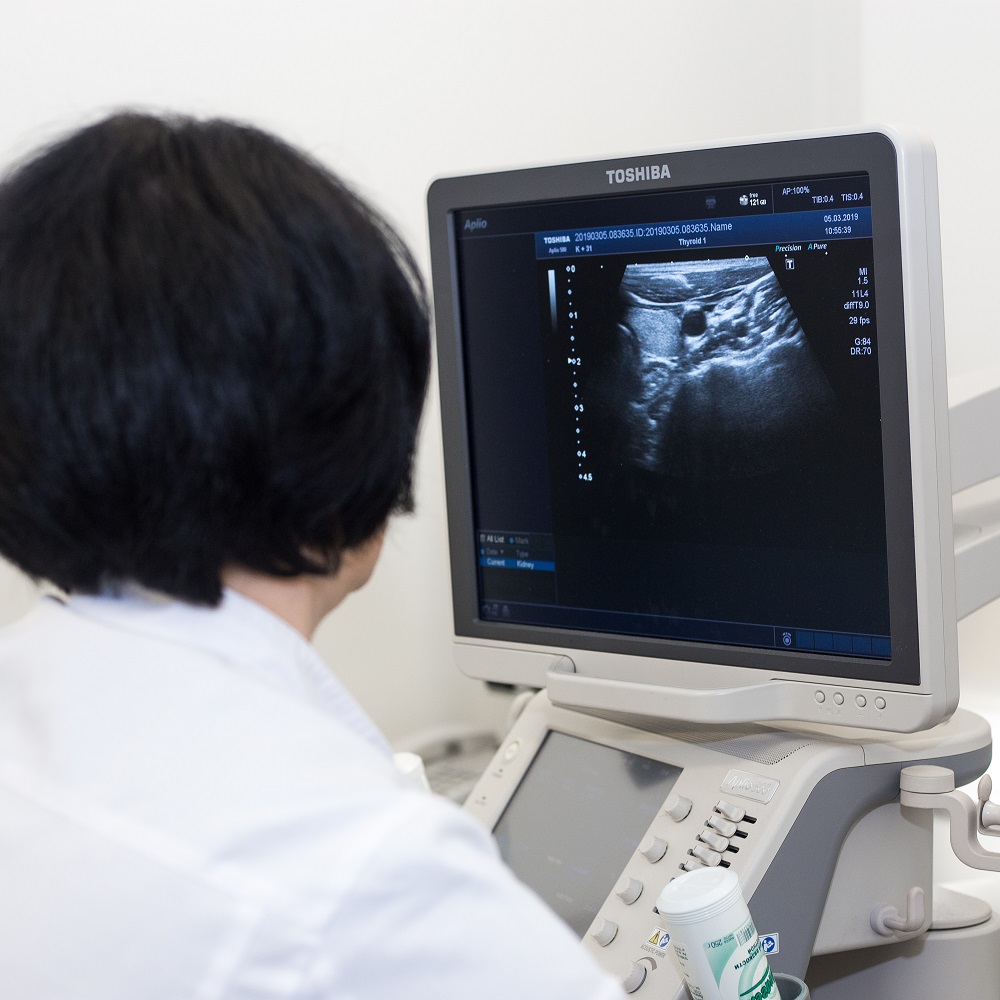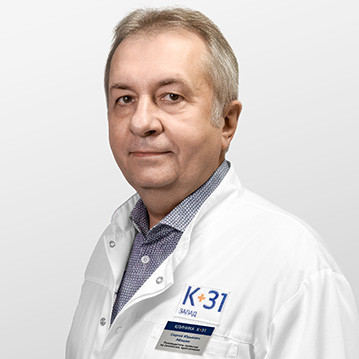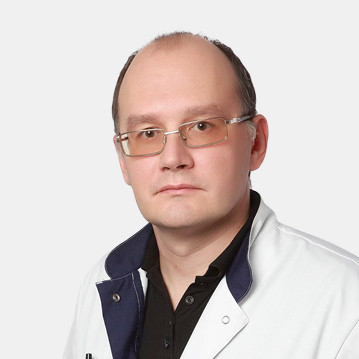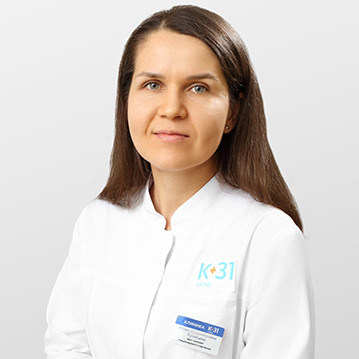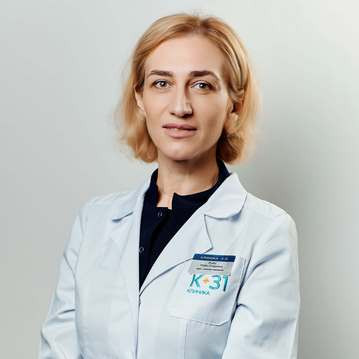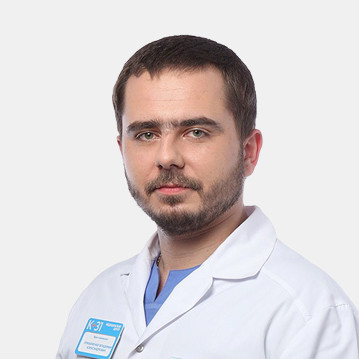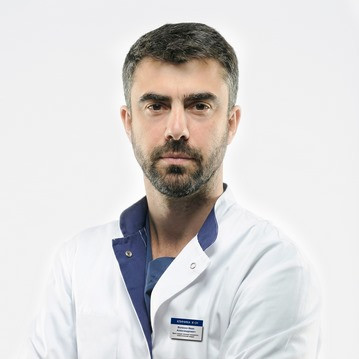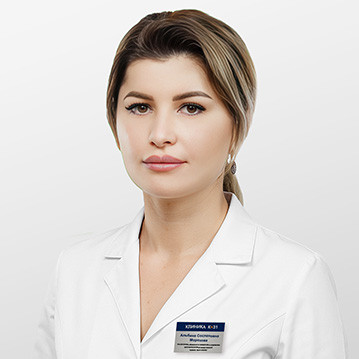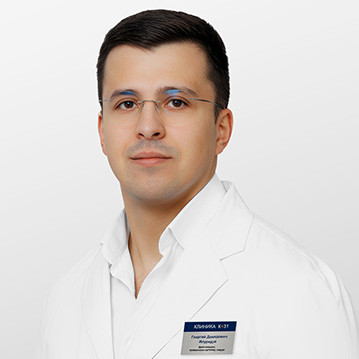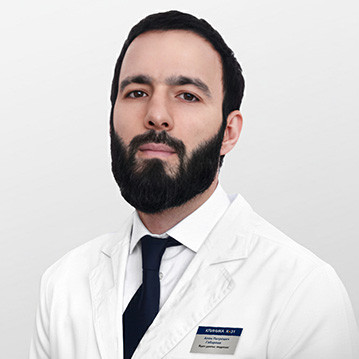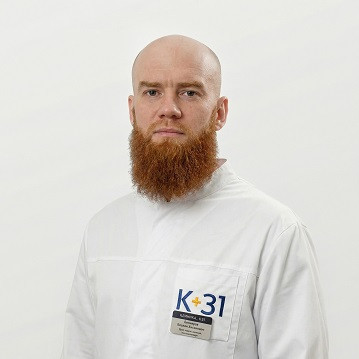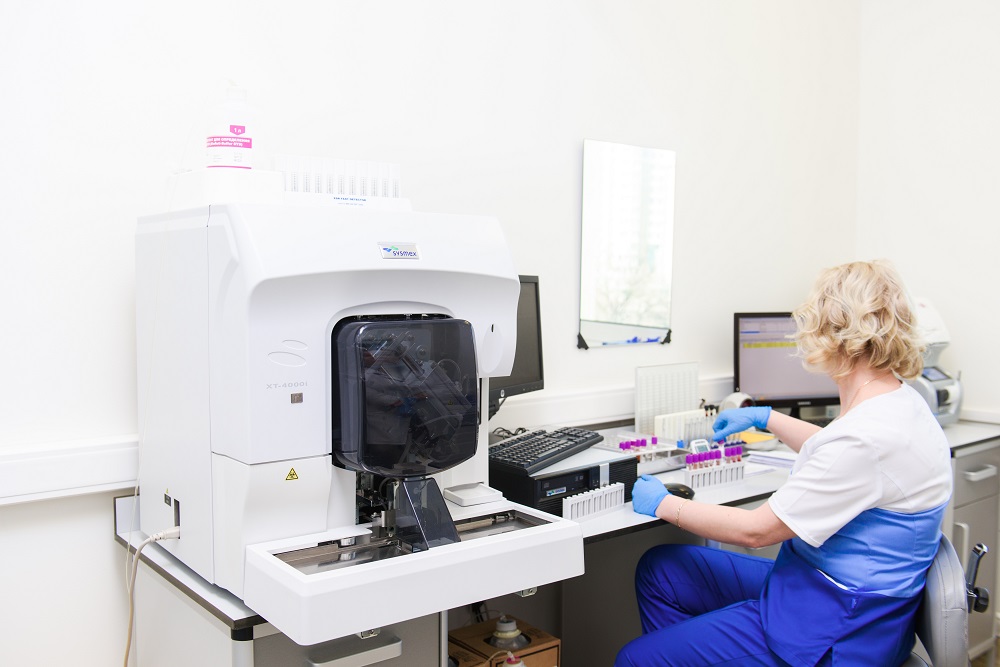
Liver cancer is a malignant neoplasm that develops in the liver. The disease is more common in men than women, but in Russia it is quite rare. Treatment of liver cancer is hampered by the late treatment of patients for help. Aggravating circumstances of treatment and survival is cirrhosis of the liver, which significantly worsens the prognosis and limits the choice of treatments for liver cancer.
In medicine, there are two types of liver cancer:
- Primary liver cancer - in this case, the tumor develops directly in the liver, from the cells of this organ. There are two types of these tumors:
- hepatocellular carcinoma is a tumor of the liver that occurs in hepatocytes - the main cells of the organ;
- cholangiocarcinoma, or cancer of the intrahepatic and extrahepatic bile ducts, is a tumor of the epithelial cells of the hepatic ducts.
- Secondary liver cancer, or metastatic liver cancer, is cancer metastasis from another organ that has entered the liver through the blood and lymph due to the progression of the primary cancer.
All these types of liver cancer are different types of tumors, but they are united by localization. Hepatocellular carcinoma of the liver is much more common than cholangiocarcinoma. And metastatic liver cancer occurs almost 30 times more often than primary. The reason for this is the good blood supply to the liver. Because of this, almost a third of malignant neoplasms of other organs can metastasize to this organ.
In some cases, liver cancer is diagnosed as a collection of cancer cells in the form of small nodules, but sometimes - as one large liver tumor that can progress rapidly.
There are other types of liver cancer: sarcoma, angiosarcoma, undifferentiated sarcoma, lymphoma, cystadenocarcinoma, fibrolamellar carcinoma, melanoma, hepatoblastoma.
If you suspect the presence of malignant neoplasms, for diagnosis and treatment of liver cancer, seek medical help at our clinic "K+31".
The main symptoms of liver cancer
It can be very difficult to identify the disease at an early stage and start its treatment on time. Liver cancer is often asymptomatic and is detected in patients during a routine examination or during examination for reasons of other diseases or pathologies. Obvious discomfort in liver cancer or other painful sensations and signs is not observed either at the beginning of the onset of the malignant process of this important organ, or at later stages. Even in advanced liver cancer, when treatment no longer has such an optimistic prognosis, the signs are often quite vague. You should be concerned if there is:
- significant weight loss for no apparent reason;
- periodic occurrence of nausea and even vomiting;
- loss of appetite or its decrease, refusal of favorite foods;
- the presence of symptoms of bloating and pain of varying strength and frequency in the right hypochondrium;
- growing pains in the upper abdomen (they can radiate to the back and often get worse at night);
- showing symptoms similar to those of diabetes;
- A haunting feeling of constant fatigue even without physical exertion.
A serious, most common harbinger of a formidable disease of the bile ducts and liver is obstructive jaundice, in which not only the sclera of the eyes and skin, but also the mucous membrane acquire a dark yellow color. Against this background, blood clotting is disturbed, there is a feeling of constant uncontrolled itching of the skin, feces become light, and the color of urine, on the contrary, darkens. The body as a whole undergoes serious painful changes - it is gradually poisoned by the products of bile formation in the liver, which destroy this organ.
Many of the symptoms described above, such as pain in the right side, nausea, fatigue, bloating, yellowing, are often observed already in the later stages of liver cancer. Therefore, having noticed at least one of them, you need to urgently consult a doctor in order to start treatment for liver cancer as soon as possible.
The clinical picture of the disease is characterized by the fact that the size of the organ increases, the level of bilirubin rises (this may be a sign of liver cirrhosis), the spleen enlarges, fever appears, which is not brought down by antibiotics and anti-inflammatory drugs, internal bleeding from the veins of the esophagus is observed.
Some patients with liver cancer experience signs of hypoglycemia, osteoporosis, and the function of the thyroid and / or parathyroid glands may be impaired. Sometimes there are symptoms from other organs into which metastases of liver cancer have penetrated, for example, from the lungs, bones, brain.
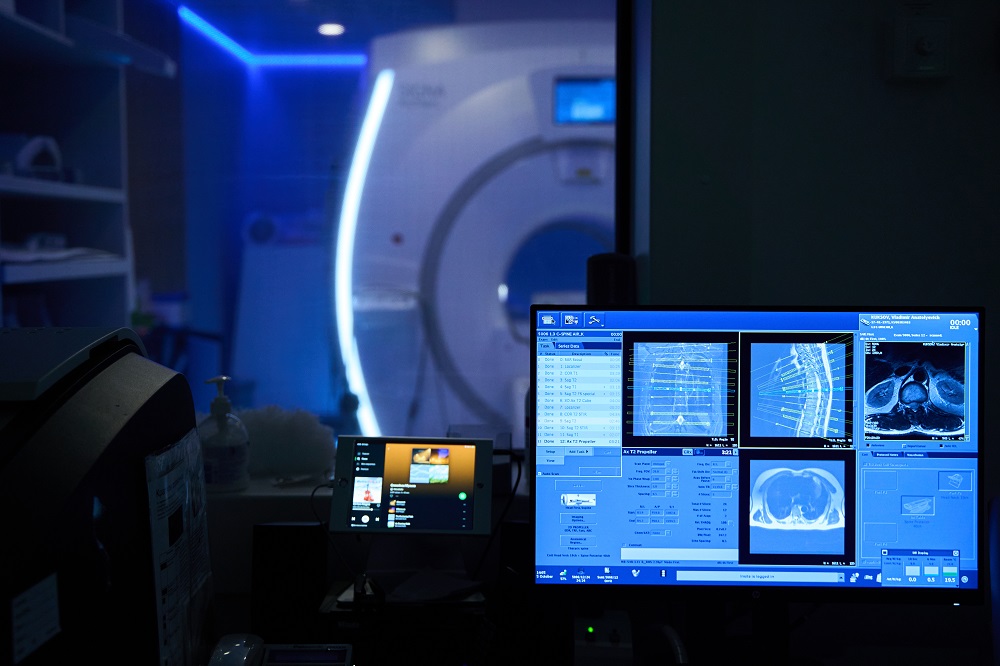
Causes of liver cancer
In most cases, liver cancer develops due to metastases of a tumor in another organ. Risk factors for this disease also include:
- chronic liver diseases such as cirrhosis and hepatitis C and B;
- alcohol abuse;
- overweight and malnutrition;
- hemochromatosis (excessive accumulation of iron);
- heart failure;
- diabetes mellitus;
- cholelithiasis;
- syphilis;
- parasites and oncogenic viruses;
- endocrine system disorders;
- disorders of the circulatory and lymphatic systems;
- biliary tract disorders;
- drugs that are toxic to the liver;
- genetic predisposition.
But the most important risk factor for developing liver cancer is cirrhosis. Cirrhosis is often the result of long-term chronic liver disease. It can develop for the following reasons:
- hepatitis B and C, autoimmune hepatitis;
- alcohol abuse;
- insulin resistant diabetes mellitus;
- poisoning with certain toxins (aflotoxin, vinyl chloride, other substances);
- hemochromatosis.
In 90% of cases, liver cancer occurs against the background of various pathologies of the tissues of this organ. In healthy liver tissue, a tumor forms very rarely.
